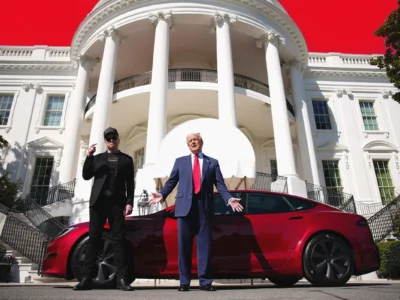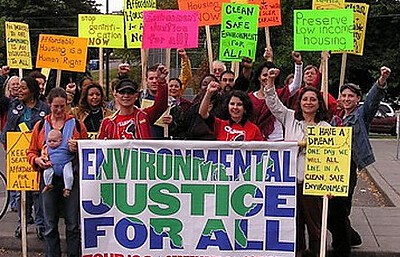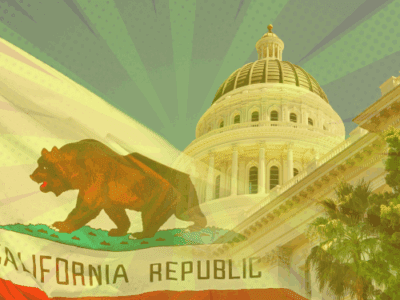The 2022 Elections and State Environmental Policies
Governors are pivotal players in state regulatory policies
The formal powers of state governors vary from state to state. Like Presidents, however, they have been busy the past few decades centralizing control of their bureaucracies. That makes them key players in the environment and energy domain. This year, some key governors’ mansions are up for grabs.
Here’s a summary of the current state of play in the key states, according to two leading forecasters:
State |
Incumbent |
Cook’s Political |
Larry Sabato’s Crystal Ball |
| KS | Kelly (D) | Toss-up | Toss-up |
| MI | Whitmer (D) | Toss-up | Lean D |
| NV | Sisolak (D) | Toss-up | Toss-up |
| PA | Open | Toss-up | Toss-up |
| WI | Evers (D) | Toss-up | Toss-up |
| ME | Mills (D) | Lean D | Lean D |
| MA | Open | Lean D | Lean D |
| MD | Open | Lean D | Lean D |
| AZ | Open | Toss-up | Toss-up |
| GA | Kemp (R) | Toss-up | Toss-up |
When you count open seats currently held by each party, Democrats have six seats they will clearly need to fight to defend, whereas Republicans have only four. Depending on how things shake out, there could be more on each side. I didn’t count states as being in play if either Cook or Sabato rated them as “likely” for one party, regardless of the rating from the other forecaster.
Arizona and Georgia both went for Biden by narrow margins, so maybe it’s not surprising that Democrats have reasonable prospects in both states. But neither state has had a Democratic governor in years — Arizona not since 2008, and Georgia not since 2002. In Kansas, Kelly’s election was considered something of a fluke four years ago because the outgoing Republican governor had been such a disaster. But it’s to her credit that she’s still very much in the game for reelection. Massachusetts and Maryland are Blue states that have had Republican governors but may now well return to the fold.
There are a number of states with strong control of the legislature by one party and a governor of the other party. It’s hard to know whether that’s because state politics are a bit less tribal or because the legislatures are gerrymandered to ensure control even if the majority of the electorate goes the opposite direction. Probably some combination of the two.
I began by saying that governors have a lot of control over state policy. But they may also have an impact on federal policy because of their role in certifying presidential elections. That may turn out to matter in 2024, if that presidential election is like the last one.







Reader Comments